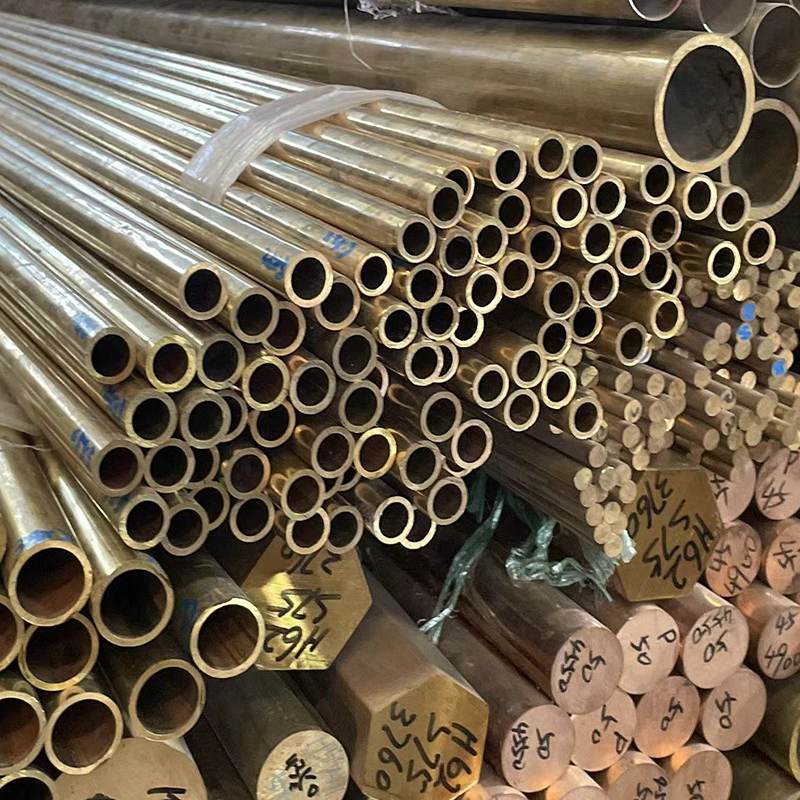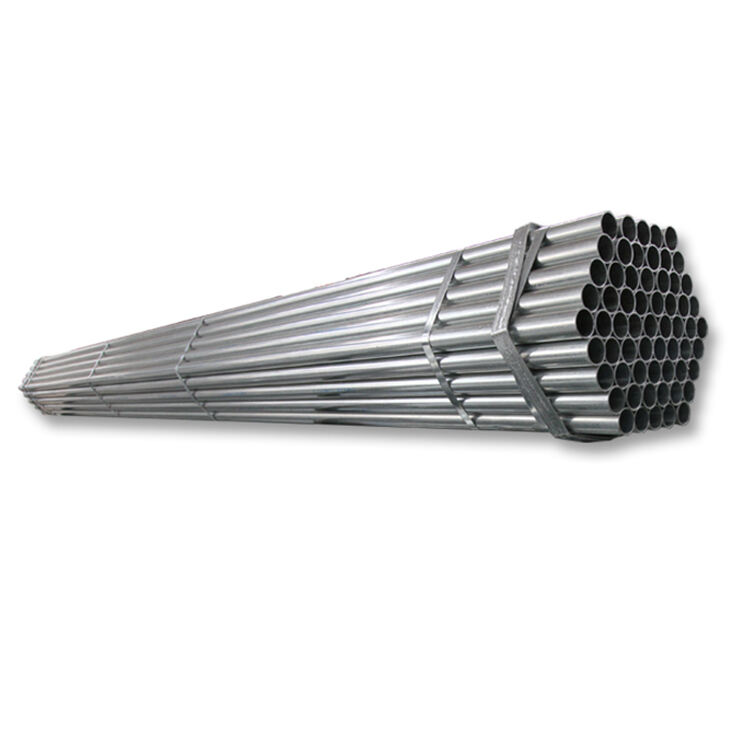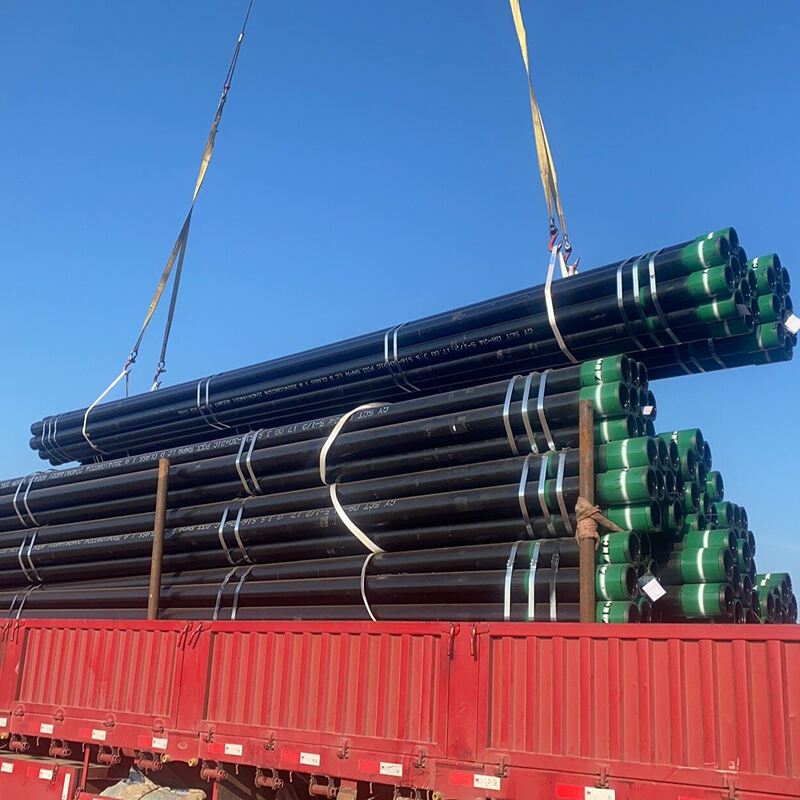Виша отпорност на корозију
Изузетна отпорност 316 челичне шипке на корозију представља њену најзначајнију карактеристику, што се првенствено постиже оптимизованом хемијском композицијом. Присуство молибдена, у количини од око 2–3%, значајно побољшава њену отпорност на разне облике корозије, нарочито у срединама bogatim hлоридима. Ова карактеристика чини је посебно вредном за примену у морским условима, хемијској обради и у offshore инсталацијама. Способност материјала да одржава свој заштитни пасивни слој, чак и у условима излагања агресивним хемикалијама, обезбеђује дуготрајну структурну интегритет и поузданост. Ова побољшана отпорност на корозију подразумева смањене захтеве за одржавање, продужени век трајања и побољшану сигурност у критичним применама.


